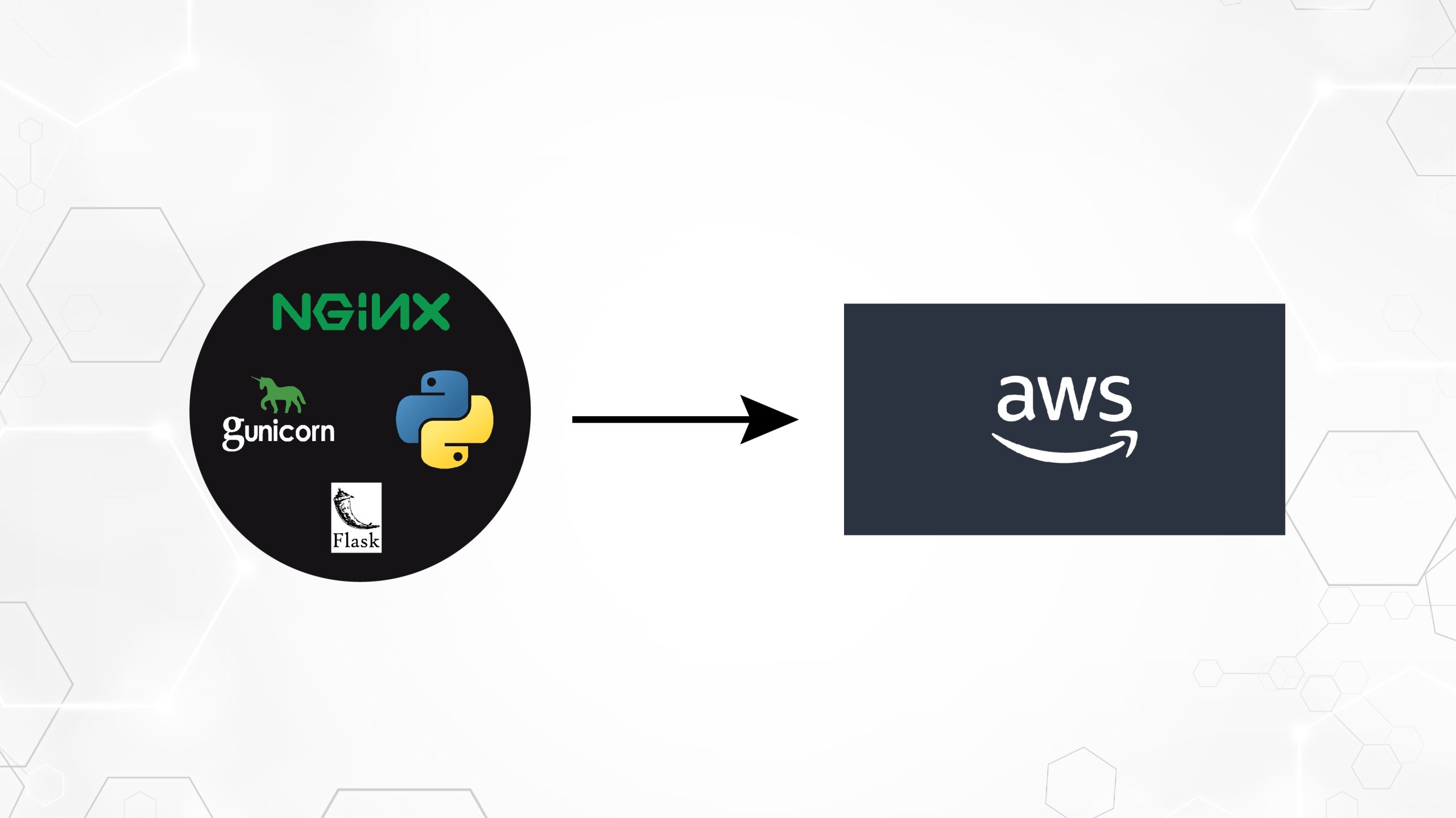Mastering the AI Trend: A Step-by-Step Guide for Beginners
Artificial Intelligence (AI) has become one of the most exciting and transformative technologies of our time. From self-driving cars to virtual assistants like Siri and Alexa, AI is revolutionizing the way we live and work. However, diving into the world of AI can be quite daunting for beginners. In this step-by-step guide, we will explore the fundamentals of AI and provide you with a comprehensive roadmap to help you master this trend. Whether you are an aspiring data scientist or just curious about the potential of AI, this guide will provide you with the knowledge and resources you need to get started.
Step 1: Understand the Basics
The first step to mastering AI is to develop a solid understanding of the basics. AI, at its core, is the ability of machines to learn and perform tasks that typically require human intelligence. It involves computer systems that can process large amounts of data, learn from it, and make decisions or predictions based on patterns. To get started, learn about key concepts such as machine learning, deep learning, neural networks, and natural language processing.
Step 2: Learn Programming and Math
To work with AI, it is essential to have a strong foundation in programming and math. Python is a popular programming language for AI, so start by learning the basics of Python and its libraries such as NumPy and Pandas, which are widely used in data analysis and machine learning tasks. Additionally, brush up on your knowledge of mathematics, especially linear algebra, calculus, and probability theory, as these concepts form the backbone of AI algorithms.
Step 3: Explore AI Tools and Frameworks
In order to apply AI techniques effectively, it is important to familiarize yourself with popular AI tools and frameworks. TensorFlow, PyTorch, and scikit-learn are widely used frameworks for machine learning and deep learning. Experiment with these tools and explore their documentation and tutorials to gain hands-on experience. Additionally, keep an eye out for any new advancements in AI, as this field is constantly evolving.
Step 4: Dive into Data Science
AI heavily relies on data, and as a beginner, it is important to have a good grasp of data science principles. Learn about data preprocessing techniques, feature engineering, and data visualization to understand how to work with datasets effectively. Familiarize yourself with different types of data, such as structured and unstructured data, and learn how to clean and transform them for analysis.
Step 5: Build Your AI Models
Now that you have acquired the necessary knowledge, it’s time to start building your own AI models. Start small by working on beginner-friendly projects like image classification or sentiment analysis. This will give you hands-on experience and help you understand the practical application of AI algorithms. As you gain confidence, gradually move on to more complex projects and explore techniques like reinforcement learning or natural language processing.
Step 6: Join AI Communities and Learn from Experts
To master AI, it is important to connect with other enthusiasts and learn from experts in the field. Join online communities such as Kaggle, GitHub, and AI forums where you can collaborate with like-minded individuals, participate in competitions, and learn from open-source projects. Attend AI conferences, webinars, and workshops to keep yourself updated with the latest breakthroughs and advancements in the field.
FAQs:
Q1: What are the career prospects in AI?
A1: AI offers a wide range of career opportunities ranging from data scientists and machine learning engineers to AI researchers and AI ethicists. With the increasing adoption of AI across various industries, demand for AI professionals is on the rise.
Q2: Do I need a background in computer science to learn AI?
A2: While a background in computer science can be advantageous, it is not a prerequisite. Many online resources and courses are designed for beginners with no prior programming experience. With dedication and practice, anyone can learn and master AI.
Q3: How can I stay updated with the latest AI trends?
A3: To stay updated, follow AI experts and influencers on social media platforms like Twitter and LinkedIn. Subscribe to AI-focused blogs, podcasts, and newsletters. Participate in online courses or certifications that offer up-to-date content.
Q4: Are there any ethical considerations in AI?
A4: Yes, ethical considerations are crucial in AI. As AI becomes more advanced, issues like bias, privacy, and automation of jobs need to be addressed. It is important to stay informed about ethical guidelines and contribute to the responsible development and deployment of AI technologies.
In conclusion, mastering AI requires a combination of understanding the core concepts, developing programming and math skills, exploring AI tools, diving into data science, building models, and actively participating in AI communities. With the right mindset and dedication, anyone can embark on the journey to become an AI expert. Embrace the limitless possibilities that AI offers and unleash your creativity to solve real-world challenges. Happy learning and exploring!









